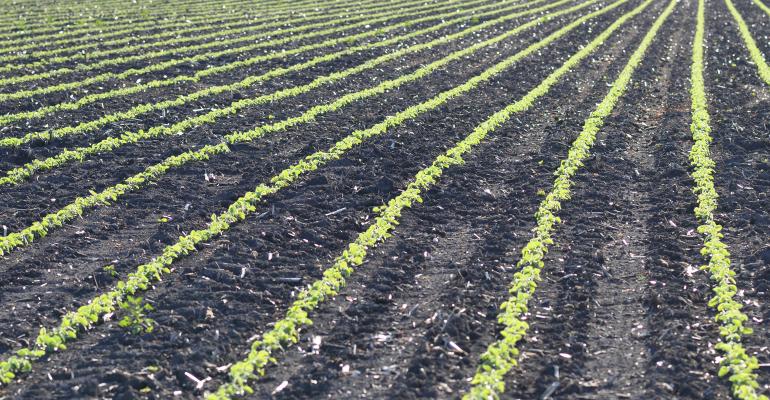September 5, 2019

By David Klein
With over 40% of the farmland across the U.S. owned by nonfarmers, it is not surprising that following each crop’s harvest, some land will be sold and some rented to a new farmer. It’s common for nonfarming landowners to turn to a professional farm manager for help when a change occurs — and being prepared for those opportunities can help a well-positioned farmer to be able to rent additional land.
So, what questions do farm managers ask a prospective farmer-tenant? The questions often begin from the goals and objectives of the landowner. Each farm is unique, as is each landowner, and the farm manager’s role is to represent the landowner’s interests. As a farmer, here are a few items to consider before you head into your next interview with a farm manager:
1. What’s your capacity? That’s the No. 1 topic. Does your operation have the willingness and ability to meet the financial, equipment, labor and management needs required to operate their land? Farm managers look at equipment (or access to equipment) and labor that show an ability to add acres without sacrificing quality. Do you possess the management skills to handle the addition? Questions may include an evaluation of acres per employee beyond the person being interviewed, or if your operation has adapted to new technology. Do you have other skills and equipment that add value to your ability to maintain the land?
2. How do you communicate? What forms of communication do you currently have with other landowners — and are you comfortable communicating with a farm manger frequently to provide timely information on farm operations? Many landowners want to know what is happening on their farm, and the farm manager is their conduit for information from and to you. Are you willing to be responsive and provide detailed information quickly when it is needed?
3. What are your cropping systems like? Some farms require specific management needs for soil erosion, weed control, fertility or water management. A farm manager will often drill down into finding the right farmer to meet those needs by interviewing and reviewing a farm operator’s other fields, including current production history and what kind of production they believe they can achieve on the farm being rented. What kind of improvements have you made on existing farms you operate, and how were those improvements paid for? What is the current condition of your fields?
4. What separates you from everyone else? What makes your operation unique in your ability to farm this land versus anyone else we’re considering?
5. What are your goals? What are the tangible goals of your operation for the upcoming year? Do you have a five- and 10-year plan, and how are you positioning the operation to meet those goals? A wise man once told me, “If you don’t know where you’re going, then any road will get you there.” Being able to describe where you want to go can help bring landowners along with you, and it’ll make them want to be a part of your success.
Klein is a farm manager with First Mid Ag Services, Bloomington, Ill., and a member of the Illinois Society of Professional Farm Managers and Rural Appraisers. Email questions to [email protected].
You May Also Like




